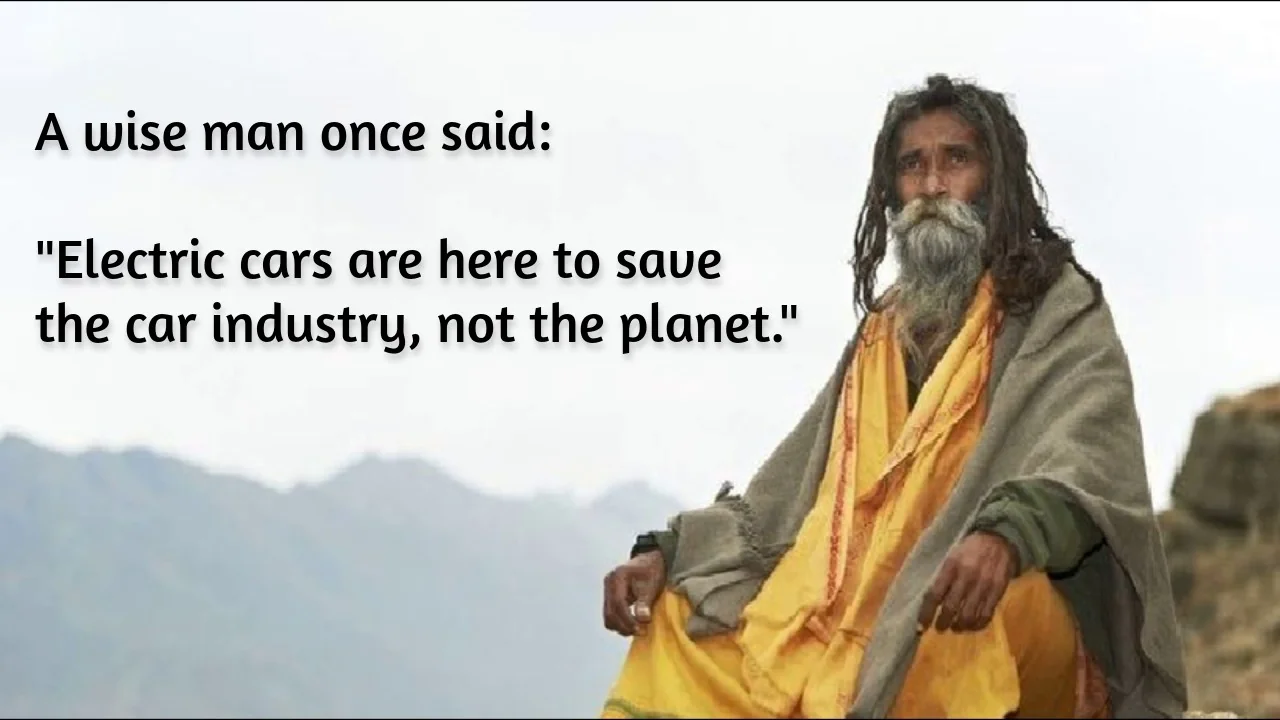view the rest of the comments
Fuck Cars
A place to discuss problems of car centric infrastructure or how it hurts us all. Let's explore the bad world of Cars!
Rules
1. Be Civil
You may not agree on ideas, but please do not be needlessly rude or insulting to other people in this community.
2. No hate speech
Don't discriminate or disparage people on the basis of sex, gender, race, ethnicity, nationality, religion, or sexuality.
3. Don't harass people
Don't follow people you disagree with into multiple threads or into PMs to insult, disparage, or otherwise attack them. And certainly don't doxx any non-public figures.
4. Stay on topic
This community is about cars, their externalities in society, car-dependency, and solutions to these.
5. No reposts
Do not repost content that has already been posted in this community.
Moderator discretion will be used to judge reports with regard to the above rules.
Posting Guidelines
In the absence of a flair system on lemmy yet, let’s try to make it easier to scan through posts by type in here by using tags:
- [meta] for discussions/suggestions about this community itself
- [article] for news articles
- [blog] for any blog-style content
- [video] for video resources
- [academic] for academic studies and sources
- [discussion] for text post questions, rants, and/or discussions
- [meme] for memes
- [image] for any non-meme images
- [misc] for anything that doesn’t fall cleanly into any of the other categories

Cars haven't existed forever and we managed to build places around them. There's no reason we can't start building everything new around other modes of transport.
I live in Switzerland, and none of the problems you mention in the next few paragraphs exist here. I mean frequency of public transport isn't as good out of the cities, but I can get a bus or train to pretty much anywhere a car can get to, and some places they can't. The buses are nice and work well, they have priority in the city so they don't get stuck in traffic. I can get train, tram, bus, or bike to the airport no problem and if I need something bigger than I can carry I'll just get it delivered. Yes Switzerland is rich but there's a lot of money to be saved if it wasn't being spent on cars, car infrastructure, and all of the externalities of driving. It's also small, but our trains don't go particularly quickly.
Even then, the vast majority of people in developed countries (and the majority worldwide) live in urban areas. If the people living in podunk towns need to drive, power to them. Focusing on urban areas will have a bigger impact.
And the alternative is being rich enough to afford a house in the suburbs AND a car for every member of the family? Walkable doesn't have to mean the city centre, and it's much easier to achieve if you don't have to kowtow to a bunch of suburbanites who want to drive their SUVs through your neighbourhood.
Please read my entire comment, I addressed this already.
The vast majority of people in developed countries live in urban areas, so for the vast majority of people that drive, this isn't an issue. It is the rich suburbanites who are driving into cities.
Actual poor people are the ones who benefit the most from better infrastructure. Public transport is a lifeline for the homeless, and access to it is the biggest factor in whether they will be able to escape homelessness. Owning a car is really expensive, and The burdens of vehicle dependency fall disproportionately on marginalized people, especially those who are low-income and those who are Black.